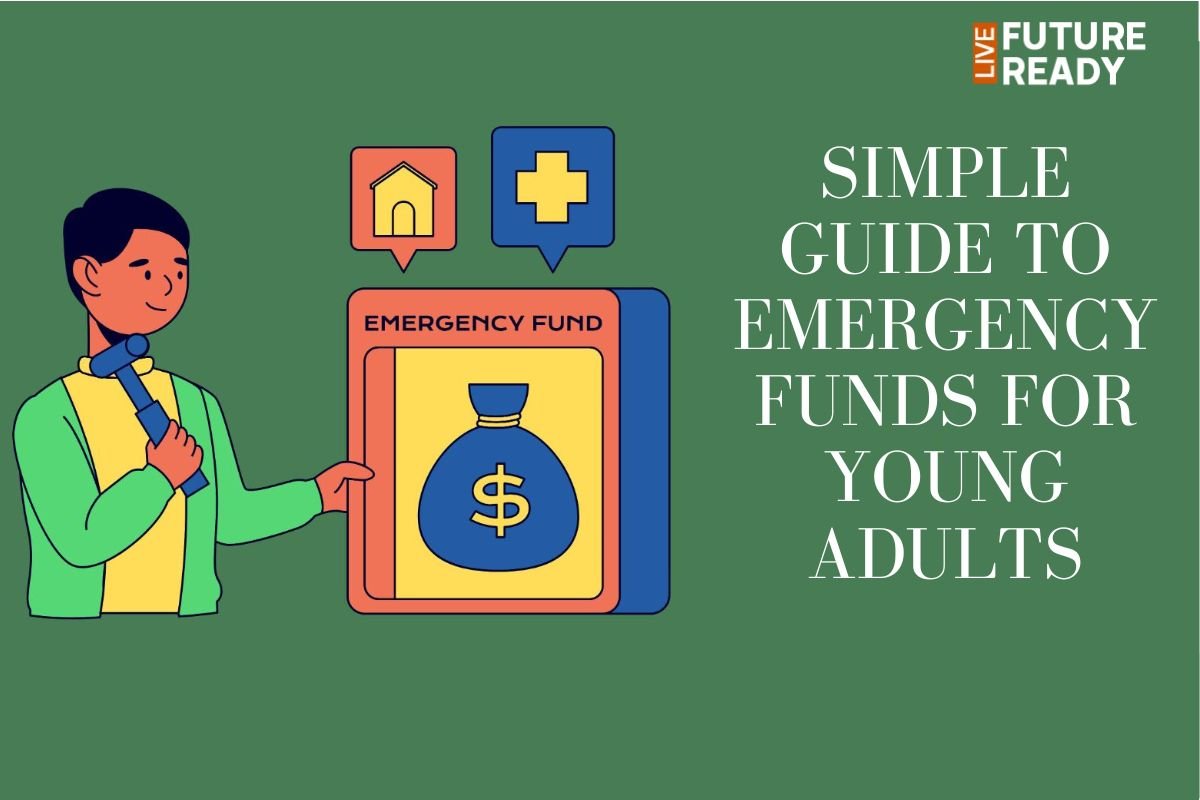Student life is often the first taste of financial independence—but it’s easy to fall into money traps that can haunt you for years. Knowing the most common financial mistakes and how to avoid them helps you build the strong money habits that are essential for a stress-free future.
1. Overspending and Impulse Buying
Many students quickly burn through their allowance or part-time earnings by giving in to impulse purchases—trendy clothes, frequent dining out, gadget upgrades, or spontaneous trips. Often, peer pressure and “FOMO” make things even harder to resist.
How to Avoid:
Create a realistic monthly budget and track every expense—using apps or a simple notebook. Differentiate between wants and needs. Learn to wait 24 hours before buying non-essential items.
2. Not Having a Budget or Failing to Track Expenses
Without a spending plan, money disappears fast, leading to mid-month cash crunches or unnecessary borrowing. Many students don’t realize exactly where their money goes.
How to Avoid:
Set up a basic budget at the start of the semester. Allocate specific amounts for essentials (food, rent, travel) and fun, then monitor and adjust as needed. Use affordable tools like wallet apps or bank alerts.
3. Neglecting Savings and Emergency Funds
Living pay-to-pay or spending the entire allowance means no cushion for unexpected events—medical needs, urgent travel, or tech repairs. Most students ignore the importance of even small, regular savings.
How to Avoid:
Start small—set aside at least 10% of any income or pocket money as “untouchable” savings each month. Over time, this builds an emergency fund that protects you from financial shocks.
4. Misusing Credit Cards or Borrowing Unwisely
Credit cards can help build your score, but many students use them as “free money,” overspending and failing to repay promptly—leading to debt and poor credit. Some also misuse student loans for non-essential expenses.
How to Avoid:
Treat all borrowed money as a serious responsibility. Only use credit cards if you can repay in full and on time. Don’t take loans just because they’re offered; borrow only what you truly need for education or urgent needs.
5. Blindly Following Peers or Social Pressure
It’s common to copy how friends spend—going to the same expensive places or joining in on every group event—even if it strains your finances. This herd mentality can create unhealthy spending habits.
How to Avoid:
Respect your own budget and financial priorities. Communicate openly with friends about your limits. Remember, real friends don’t demand overspending for inclusion.
Final Thoughts
Every student makes money mistakes—but learning from them early makes all the difference. Focus on responsible spending, budgeting, saving, and mindful borrowing to set yourself up for financial independence and peace of mind.
Read more on our website: Future Ready, your go-to platform for the best educational content and latest updates.
Read More Related Blogs :-




















